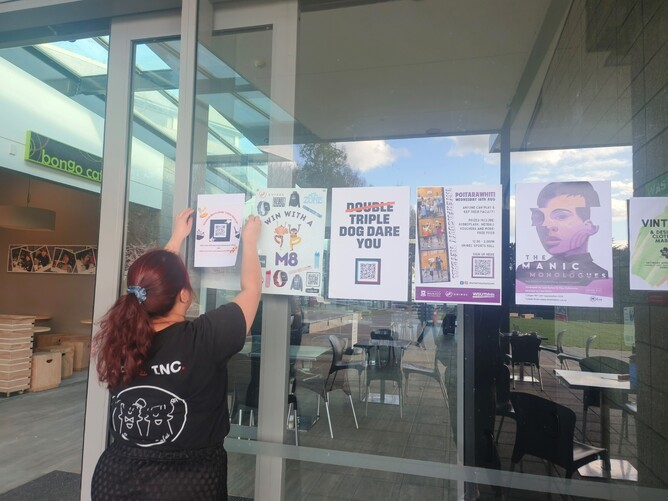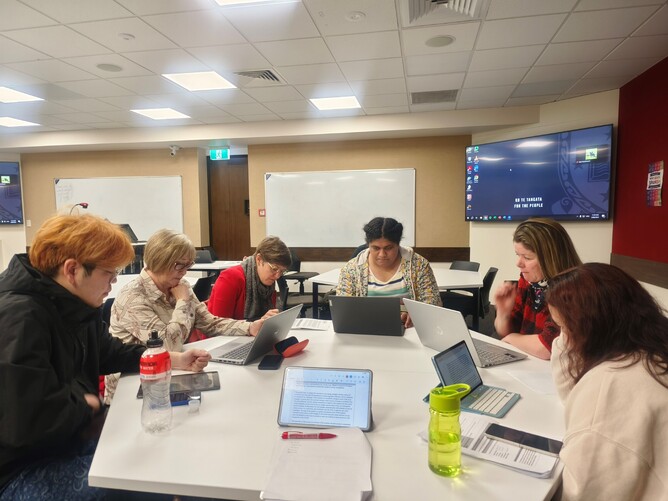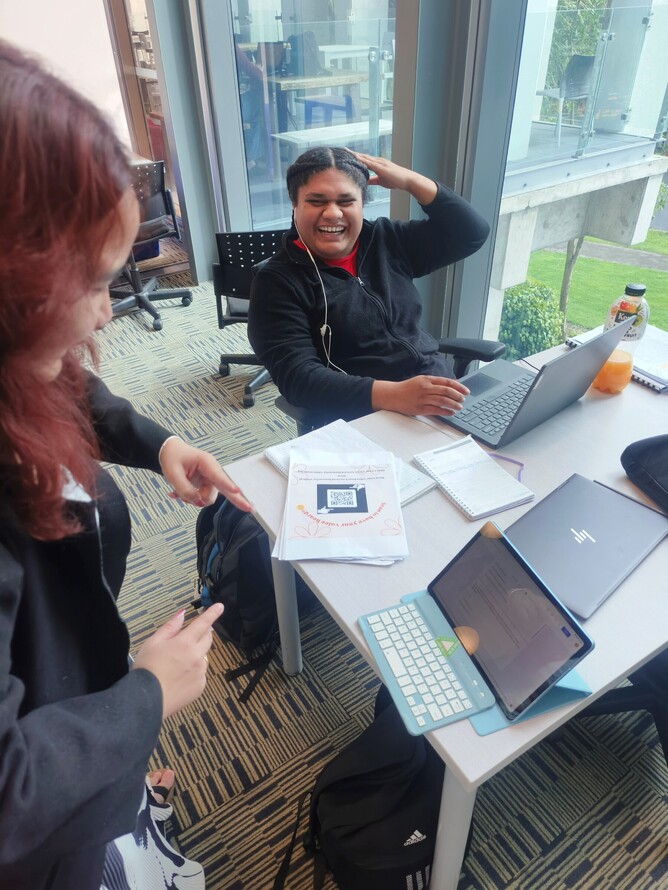While we might associate our university days with tight budgets, in 2022 The People’s Inquiry into Wellbeing (2022) found things had gone beyond ‘tight’.
According to their research, over the preceding year, 22% of students were “unable to afford food weekly or daily, rising to 32% fortnightly”.
This year, the Kai Challenge worked with students in the University of Waikato’s Impact Lab to understand more about the experiences of food and food insecurity among students on campus.
A group of 5 work-integrated learning students from a variety of majors coalesced around the food security work. Lynda Beresford, studying a Bachelor of Business, said she was drawn to the topic because it was relatable to her both as a student, and as someone who had experienced food insecurity themselves.
The group designed and ran a questionnaire asking students questions related to their experiences of food security and insecurity, including asking about the effects of food insecurity on their health, mental health and academic performance; how they coped with food insecurity, and; whether they were aware of sources of food support on campus.
The survey had 38 responses and found that 73% of respondents were choosing to reduce the cost of food in response to food insecurity, and 26% were choosing not to eat on campus, with a further 23% of students skipping at least one meal daily.
The Waikato Students Union (WSU) hosts a Kai Cupboard at the Hamilton Campus where students struggling with food can apply for support. They also host free food events. The Impact Lab survey found that 75% of the respondents were unaware that WSU and The University of Waikato (UoW) offer free food from time to time. Lynda said that, prior to doing the Impact Lab project, she had no idea about the free food on campus. “This was my last semester, and I only just found out about it by doing this project!”, she said.
In response to questions about food insecurity and mental health, students reported an overwhelmingly negative effect on their wellbeing and mental health. They also reported negative effects on their studies including difficulty concentrating and headaches.
The report recommends UoW consider a policy relating to food security which clearly outlines services and strategies the university can draw on to address this issue among students. For instance, the report suggests increasing promotion of the existing pantry, reducing the cost of food on campus and planting fruit trees.
These insights add to the breadth of knowledge the Waikato Wellbeing Project has on experiences of food insecurity in the region, but also offer clear avenues for the University to consider in better supporting students on campus to meet their food needs.
We are glad to have this knowledge in our kete, but also to know that there are bright minds and valuable ideas out there keen to focus their learning and skills on understanding and addressing issues of food insecurity. Many thanks to The Impact Lab students Lynda Beresford, Ema Pule, Aldama Wimala, Hongbo (Archer) Xin and Vivid (Danqi) Zhang, their academic mentor Jenny Ferrier-Kerr and impact lab facilitator Gail Hutcheson. We are grateful for their mahi and for their thoughtful engagement with the results.




